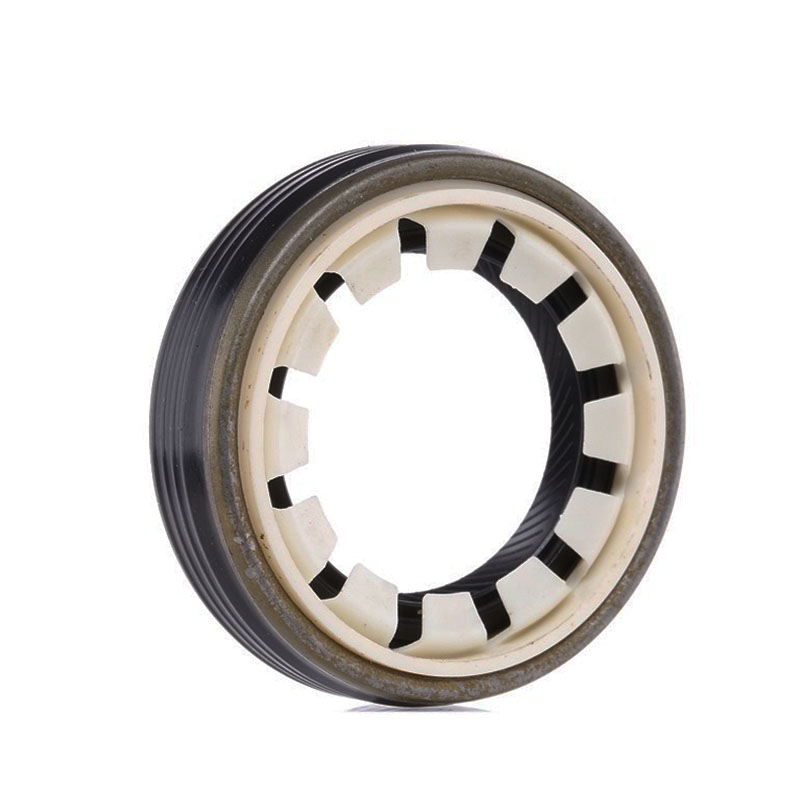7.3 Powerstroke Oil Cooler Gasket Replacement Guide and Tips for Optimal Performance
Understanding the Importance of Oil Cooler Gaskets in the 7.3 Powerstroke Engine
The 7.3 Powerstroke engine, renowned for its durability and power, has earned a reputation among diesel enthusiasts. However, like any complex engine, it requires regular maintenance to perform at its best. One critical component that plays a significant role in the engine's performance and longevity is the oil cooler gasket. In this article, we will delve into the functions of the oil cooler gasket, common issues associated with it, and the importance of timely maintenance.
The Role of the Oil Cooler Gasket
The oil cooler in a 7.3 Powerstroke engine serves to regulate the temperature of the engine oil. Maintaining optimal oil temperature is crucial because oil that is too hot can lose its viscosity, resulting in inadequate lubrication and increased wear on engine components. The oil cooler gasket ensures a proper seal between the oil cooler and the engine block, preventing oil leaks and ensuring that the oil circulates efficiently through the cooler.
When the engine is running, the oil is heated by friction, and as it passes through the cooler, it is exposed to cooler coolant that helps lower its temperature. A healthy oil cooler gasket is indispensable in maintaining this process, as it directly affects the efficiency of heat transfer and the overall health of the engine.
Common Issues with Oil Cooler Gaskets
Despite its robust design, the oil cooler gasket in a 7.3 Powerstroke engine can experience wear over time. One of the most common signs of a failing gasket is an oil leak. This can manifest as oil pooling under the vehicle or an increase in oil consumption without visible leaks. When the gasket fails, it can allow oil and coolant to mix, leading to a condition known as oil cooler failure. This not only compromises the vehicle's performance but can also lead to significant engine damage if left unaddressed.
oil cooler 7.3 powerstroke gasket

Another issue to watch for is overheating. A malfunctioning oil cooler gasket can disrupt the flow of oil, causing the oil to become excessively hot. This can result in a cascade of problems, including the breakdown of engine oil, which can lead to increased engine wear and eventual failure.
Importance of Maintenance and Replacement
Regular maintenance is key to ensuring the longevity of your 7.3 Powerstroke engine, and that includes keeping a close eye on the oil cooler gasket. If any signs of leaks or overheating are detected, it’s crucial to address these issues immediately. Replacing a worn or damaged gasket can prevent more extensive repairs down the line, potentially saving considerable time and money.
When replacing the oil cooler gasket, it's essential to use high-quality OEM or aftermarket gaskets designed for the 7.3 Powerstroke. Cheaper alternatives may be tempting, but they often compromise on quality, leading to repeated failures and the need for frequent replacements.
Conclusion
In conclusion, the oil cooler gasket plays a vital role in the performance and longevity of the 7.3 Powerstroke engine. By ensuring a proper seal between the oil cooler and engine block, it maintains optimal oil temperatures and provides crucial lubrication to engine components. Awareness of common issues and regular maintenance checks can prevent significant problems, ensuring that your 7.3 Powerstroke operates smoothly for years to come. For any diesel enthusiast, paying attention to the health of the oil cooler gasket is a small but essential part of overall engine care.
-
Understanding the Front Main Engine Seal: Purpose, Maintenance, and Installation
News Jul.29,2025
-
Understanding O-Rings and Seal Rings: Types, Applications, and Custom Solutions
News Jul.29,2025
-
Understanding Crankshaft Oil Seals: Rear Seals, Pulley Seals, and Their Role in Engine Integrity
News Jul.29,2025
-
The Importance of Front and Rear Crankshaft Seals in Engine Performance and Oil Management
News Jul.29,2025
-
Crank Oil Seals: Functions, Types, and Cost Considerations in Engine Maintenance
News Jul.29,2025
-
A Comprehensive Guide to O-Rings and Seals: Types, Materials, and Global Applications
News Jul.29,2025
-
Mastering Diesel and Performance Engine Maintenance: A Guide to Critical Oil Gaskets
News Jul.28,2025
Products categories















